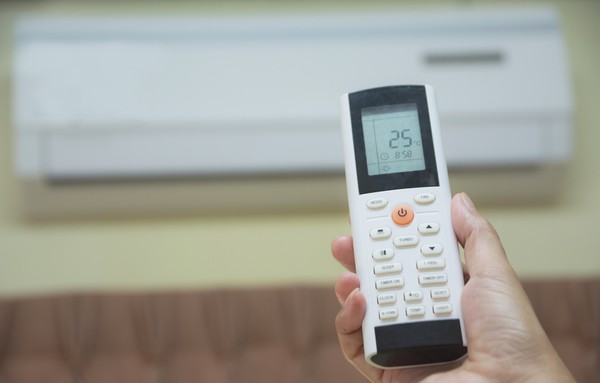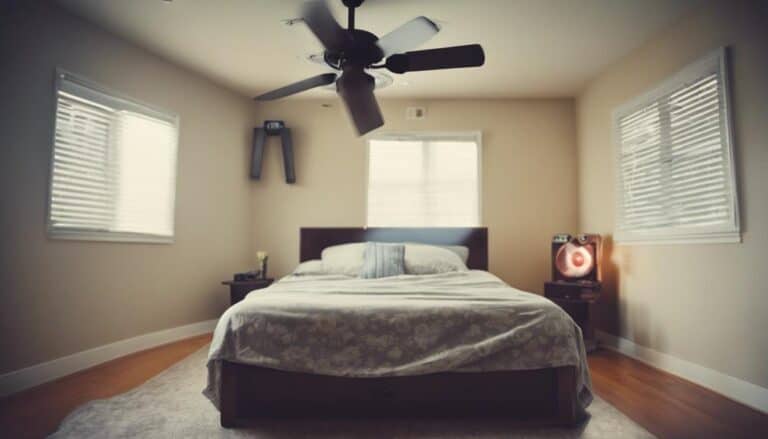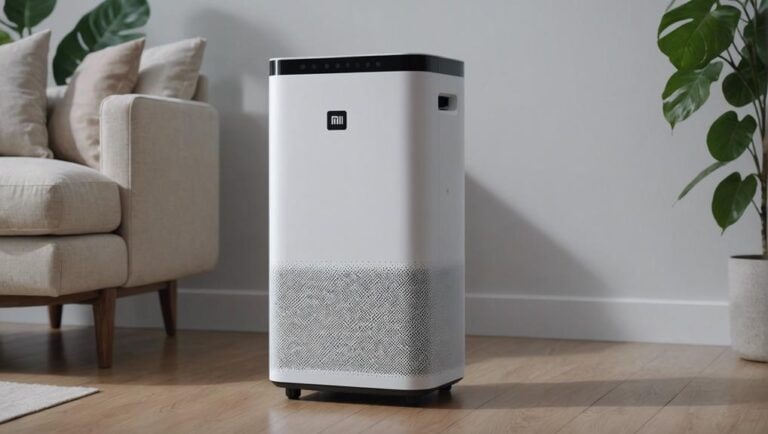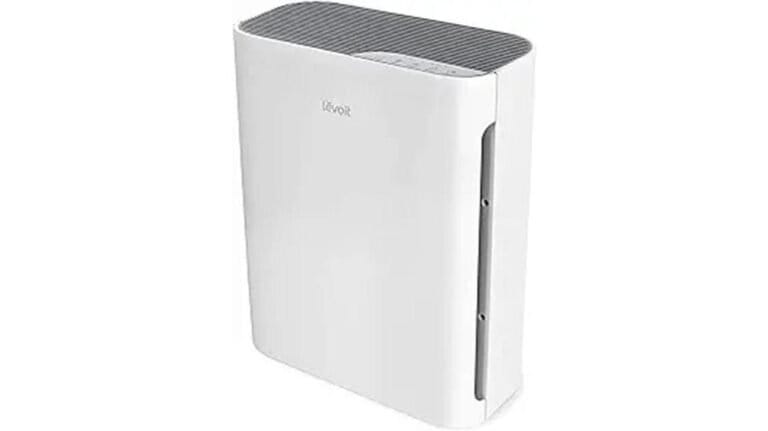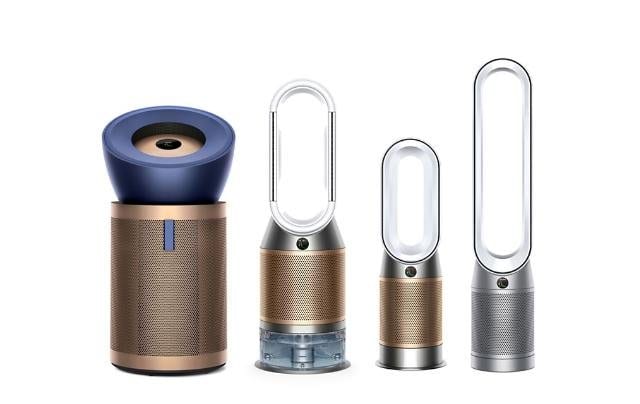7 tips Of how to make my ac colder
Have you ever found yourself in the middle of summer, sweating uncomfortably and wondering if your air conditioning unit is even working? Many homeowners know the frustrating feeling of a struggling AC system during hot weather.
Fortunately, there are ways to make your AC colder without spending a fortune on repairs or replacements. In this article, we’ll explore practical tips that can help you keep your home refreshingly cool all season long. Whether you’re looking to maximize energy efficiency or simply stay comfortable in high temperatures, read on for expert advice on how to make your AC colder.
Clean and Maintain Your AC Unit
In order to make your AC colder, it’s important to first ensure that your unit is clean and well-maintained. This can be achieved through simple steps such as regularly cleaning or changing the filters and checking for any debris or obstructions in the outdoor compressor unit. Additionally, ensuring that there are no leaks or issues with insulation in ducts can help improve the overall efficiency of your system.
Regular maintenance by a certified professional can also greatly improve the performance of your AC unit. This includes tasks such as checking refrigerant levels, lubricating motors and fans, and inspecting electrical connections. By investing in routine maintenance, you can prolong the life of your system while enjoying consistently cool air during hot summer months. In summary, keeping your AC unit clean and well-maintained is crucial for maximizing its cooling potential and providing comfort throughout high temperature seasons.
Check and Replace Air Filters Regularly
One of the key ways to ensure that your AC is functioning optimally is by checking and replacing air filters regularly. Over time, air filters can become clogged with dirt, dust, and other debris, hindering the flow of cool air through your home. By cleaning or replacing these filters on a regular basis (typically every 1-3 months), you can help to improve airflow and maximize efficiency. Not only will this make your AC work better, but it can also save you money on energy bills in the long run.
It’s important to note that different types of systems may require different filter types or replacement schedules – so be sure to consult with an AC professional if you’re unsure about what type of filters are best for your specific unit. Additionally, factors like pets or high levels of indoor pollutants may require more frequent filter changes than average. However often they need changing, though, taking routine maintenance steps like this can go a long way towards keeping your home comfortably cool all summer long – without breaking the bank!
Use Ceiling Fans and Portable Fans
Ceiling fans and portable fans are simple and affordable solutions to help make your AC colder. When used in combination with your air conditioning unit, they can improve air circulation, making it easier for the cool air to spread throughout the room. Ceiling fans are particularly effective at cooling large areas like living rooms or bedrooms. They work by pushing cool air downwards and creating a wind chill effect that helps lower body temperature.
Portable fans, on the other hand, offer greater flexibility as you can move them around from room-to-room depending on where you need more cooling. These types of fans come in various sizes and designs, so you’ll be able to find one that fits perfectly into your home decor while still delivering maximum airflow. Some models even have additional features like adjustable height levels or timers for added convenience.
By utilizing both ceiling and portable fans together with your AC system, not only will you feel cooler but you’ll also save money on energy costs since you won’t have to rely solely on operating your AC at max capacity all day long – which uses up significantly more electricity than running these other fan options alone!
Keep Windows and Doors Closed
One of the simplest ways to make your AC colder is by keeping your windows and doors closed. This may seem obvious, but many people underestimate how much warm air can infiltrate their home through cracks and gaps. When cool air escapes, your AC unit has to work harder than necessary to maintain a desired temperature, which can lead to higher energy bills and increased wear-and-tear on the system.
To ensure that you’re getting the most out of your AC unit, take some time to inspect all entrances into your home for any potential leaks or drafts. Seal up any gaps with weather stripping or caulking as needed, paying special attention to areas around doors and windows. Additionally, consider investing in blackout curtains or blinds that block out sunlight during peak heat hours when natural light isn’t essential – this will help insulate against warmth from outside sources as well. By taking these simple steps to improve insulation in your home, you’ll help keep cool air inside where it belongs while also promoting energy efficiency for long-term savings on utility costs.
Block Out Direct Sunlight
One effective way to make your AC colder is by blocking out direct sunlight. The intense heat from the sun can easily penetrate windows and warm up your home, making it more difficult for your air conditioning system to cool down the space. To combat this, consider installing blackout curtains or shades that are designed specifically to block out sunlight. You can also use window films or tinting that reduce the amount of UV radiation entering through the glass.
Another option is to install exterior shading such as awnings or trees in strategic locations around your home. This not only helps keep direct sunlight from entering but also adds an aesthetic appeal to your property. By implementing these simple solutions, you’ll be able to minimize solar heat gain and create a comfortable living environment without overworking your AC system. Whether you prefer interior or exterior options, blocking out direct sunlight is a practical and cost-effective way of increasing cooling efficiency in hot weather conditions.
Consider Installing Window Film
Installing window film is a practical solution to help make your AC colder. Window film helps block out the sun’s heat and harmful UV rays, which can greatly reduce the amount of heat that enters your home through the windows. This can not only make a noticeable difference in the temperature inside but also increase energy efficiency by reducing the workload on your air conditioning unit.
Window films come in different types, each with unique features and benefits. For example, reflective window film provides high heat reduction while maintaining good visibility from inside. Alternatively, dyed or ceramic-coated films absorb solar energy before it penetrates through glass. Regardless of which type you choose, professionally-installed window film can give you significant relief during hot weather without obstructing your view or making your rooms feel darker.
Overall, installing window film is an effective way to improve indoor comfort and lower energy consumption during peak summer months. It’s important to work with experienced experts who can recommend appropriate solutions based on your climate zone and budget so that you will enjoy maximum benefits from this investment for years to come.
Upgrade Your Thermostat
Upgrading your thermostat is one of the most effective ways to control your air conditioning unit and maximize its efficiency. Smart thermostats are quickly becoming more popular due to their advanced features such as programmable settings, remote access control, and energy usage tracking. With a smart thermostat, you can set custom temperature schedules that accommodate your lifestyle and preferences.
Another benefit of upgrading your thermostat is that it helps identify when there’s an issue with your AC system. For instance, if you notice a significant difference in temperature despite setting the same schedule on different days, it might be time for an inspection or maintenance service. Additionally, thermostats like ecobee or Nest can learn from past behavior and adjust accordingly to save energy while keeping you comfortable.
Overall, upgrading your thermostat doesn’t have to cost a fortune while providing many benefits beyond just making your home cooler during hot weather spells. Consider consulting with HVAC professionals to see what options align best with both budgetary concerns but also what new technologies are available in terms of enhanced comfort levels from simple yet smarter solutions than ever before!
